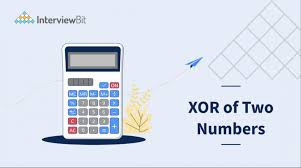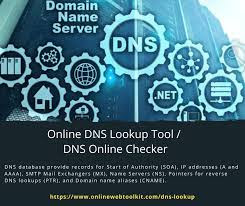Byte Converter
Byte Converter: Understanding Byte Conversion in Data Storage and Transfer
As technology evolves and data becomes more complex, the need to understand and convert bytes has become crucial in various fields. From data storage to data transfer, byte conversion plays a pivotal role in ensuring accurate and efficient data management. In this article, we will delve into the world of byte conversion, exploring its importance, types, challenges, and best practices.
Introduction
Bytes are the basic unit of digital information that consists of 8 bits. They are used to represent a variety of data, including text, images, videos, and more. A byte converter is a tool or technique that allows users to convert bytes into different units for various purposes. Understanding byte conversion is essential for professionals working in fields such as computer programming, data analysis, network administration, and more.
What is a Byte Converter?
A byte converter is a tool or technique that converts bytes from one unit to another. It allows users to convert bytes into different units such as kilobytes (KB), megabytes (MB), gigabytes (GB), terabytes (TB), and more. Byte conversion is necessary for various applications, including data storage, data transfer, and programming.
How Bytes are Used
Bytes are widely used in various applications to represent and manage data. In data storage, bytes are used to measure the amount of data that can be stored in a memory device, such as a hard drive or a solid-state drive. Bytes are also used in data transfer to measure the size of data that can be transmitted over a network or the internet.
Data Storage and Transfer
Bytes are used to measure the capacity of storage devices, such as hard drives, SSDs, and USB drives. For example, a hard drive with a capacity of 1 terabyte (TB) can store approximately 1 trillion bytes of data. Similarly, when data is transferred over a network or the internet, its size is measured in bytes. For instance, downloading a file of 10 megabytes (MB) means transferring 10 million bytes of data.
Importance of Byte Conversion
Byte conversion is crucial in various fields due to its significance in data storage, data transfer, and programming. Understanding byte conversion allows professionals to accurately manage and manipulate data, ensuring efficient and error-free operations.
Common Applications
Byte conversion is widely used in numerous applications, including but not limited to:
Computer programming: Bytes are used to represent data types and variables in programming languages, such as C++, Java, and Python. Understanding byte conversion is essential for programmers to accurately allocate memory and manipulate data in their programs.
Data analysis: Byte conversion is crucial in data analysis to accurately represent and interpret data. It allows data analysts to convert data from one format to another for effective analysis and visualization.
Network administration: Bytes are used in network administration to measure network bandwidth, data transfer rates, and data usage. Understanding byte conversion is essential for network administrators to manage and optimize network performance.
Data storage and






